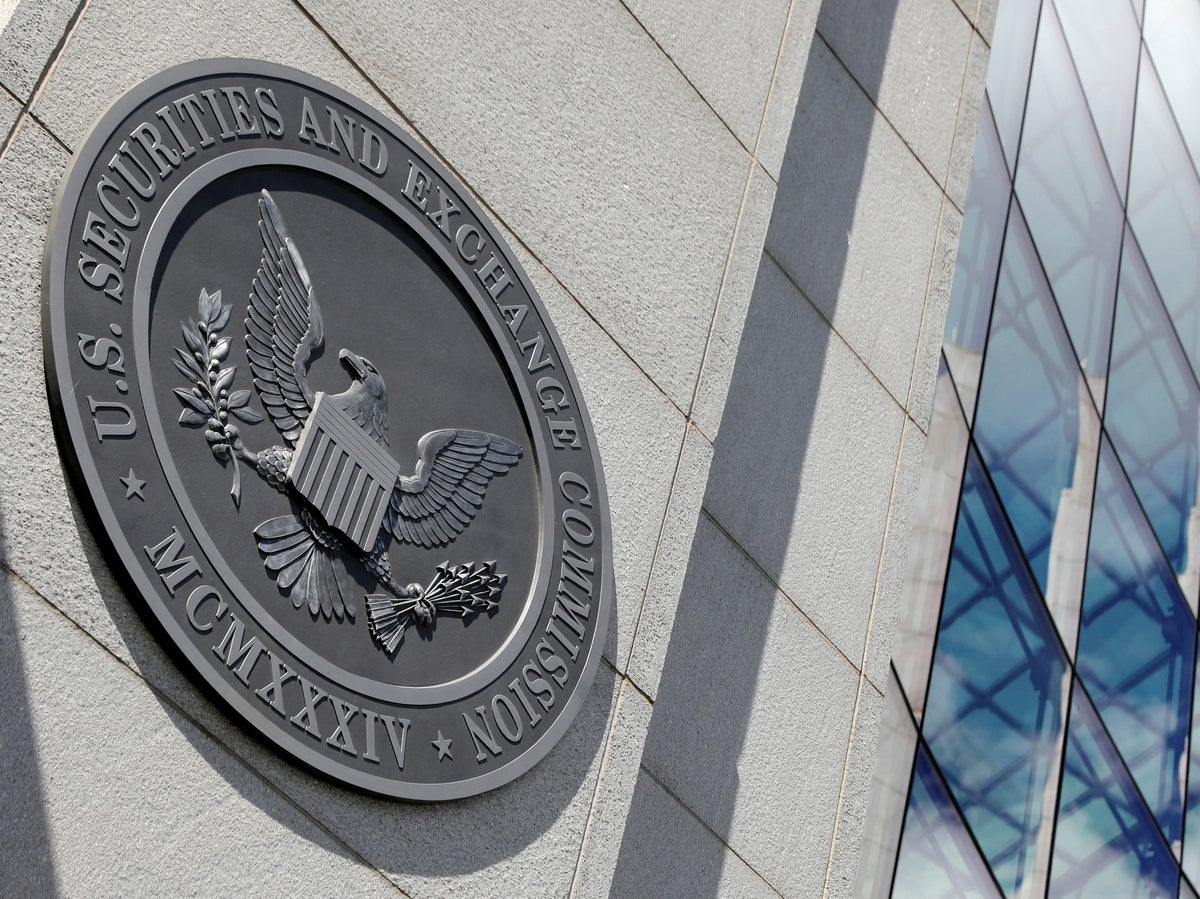
The US Department of Justice and the Securities and Exchange Commission are investigating the collapse of Silicon Valley Bank, The Wall Street Journal reports, citing people familiar with the matter.
The tech and start-up-focused lender based in Santa Clara, California, was taken over by regulators on Friday during a run on its deposits, making it the second-largest bank failure in US history.
It is not unusual for there to be such investigations when large financial institutions or public companies collapse or suffer unexpected losses, but the separate probes will also look at stock sales that company bosses made days before the bank failed.
Shares in SVB Financial Group, which formerly owned the bank, fell 60 per cent last week and have been stopped from trading since Friday.
The Journal reports that the DOJ probe involves fraud prosecutors based out of Washington and San Francisco.
SVB Financial Group CEO Greg Becker and CFO Daniel Beck did not respond to the paper’s request for comment, and there has been no statement from either government agency.
Separately, a class action lawsuit has been filed against the company as well as Mr Becker and Mr Beck, saying that the company didn't disclose the risks that future interest rate increases would have on its business.
The lawsuit was filed in the US district court for the Northern District of California. It is looking for unspecified damages to be awarded to those who invested in SVB between 16 June 2021 and 10 March 2023.
The lawsuit from shareholders led by Chandra Vanipenta says some quarterly and annual financial reports from SVB didn't fully account for warnings from the Federal Reserve about interest rate hikes.
In particular, the lawsuit said that annual reports for 2020 through 2022, “understated the risks posed to the company by not disclosing that likely interest rate hikes, as outlined by the Fed, had the potential to cause irrevocable damage to the company,” the lawsuit stated.
It also claims that the company "failed to disclose that, if its investments were negatively affected by rising interest rates, it was particularly susceptible to a bank run.”
With additional reporting from the Associated Press.







